Welcome to HomeGrower
From windowsill to allotment — everything you need to grow your own food.
Growing your own food in the UK isn’t always straightforward. The weather is unpredictable, space is often limited, and what works elsewhere doesn’t always suit our climate.
At HomeGrower, we help you navigate all of that — whether you’re growing herbs on a windowsill, running a small indoor setup, or planning a productive garden plot. You’ll find practical guides and clear advice focused on methods and tools that actually work in UK homes and gardens.
We’re building the resource we wish we’d had when we started. New guides, reviews, and resource hubs are added regularly, so you can keep learning and improving as your garden (or your windowsill) takes shape.
 Indoor Growing
Indoor GrowingLearn how to grow herbs, salad greens, and vegetables indoors all year round, even in low-light UK homes. We cover practical indoor growing systems — from learning how to grow with hydroponics and container growing in small spaces to setting up grow lights and building simple, reliable indoor growing setups.
Our guides focus on proven methods that suit UK homes, helping you grow fresh food indoors whatever the season.
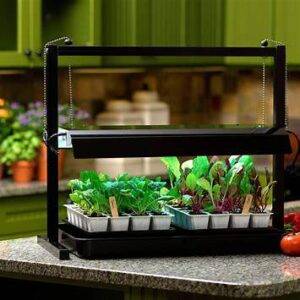
 Grow Lights UK
Grow Lights UKLearn how to choose the right LED grow lights for indoor growing in the UK. Our guides explain key factors like light distance, coverage, and basic setup, helping you understand what matters before choosing equipment.
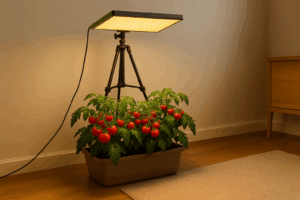
 Grow Tents
Grow TentsCreate efficient, climate-controlled grow rooms using the right grow tents, ventilation, and accessories. We cover how grow tents work, how to size them correctly, and how to build balanced indoor growing environments that support healthy plant growth.
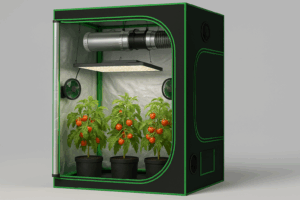
 Outdoor Growing
Outdoor GrowingExplore practical outdoor growing advice for UK gardens, covering starting plants from seed, improving soil with compost, and setting up efficient watering systems. Our guides explain how to grow plants from seed, collect rainwater using a water butt, and install simple drip irrigation to support healthy growth throughout the growing season.
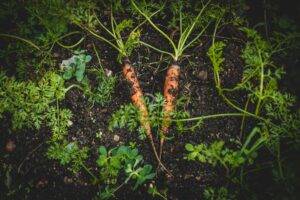
 Greenhouses & Polytunnels
Greenhouses & PolytunnelsDiscover how to extend your growing season using greenhouses and polytunnels suited to UK weather. Our guides explain how to use greenhouses effectively, compare greenhouses and polytunnels, and cover practical topics like heating and ventilation to help you get reliable results throughout the year.
 Garden Sheds
Garden ShedsBuild practical garden storage and workspace solutions with our shed guides. We cover key considerations like planning permission for sheds, how to prepare a solid shed base, and choosing the right type of garden shed for your space, helping you plan and set up a shed that works properly in UK gardens.
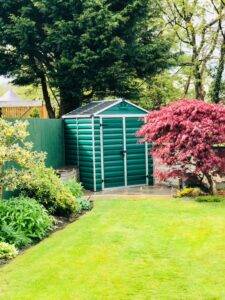
 Garden Tools & Equipment
Garden Tools & EquipmentExplore essential garden tools and equipment suited to UK gardens, from everyday hand tools to modern cordless systems. Our guides help you understand which tools you actually need, how different battery systems work, and how to build a practical starter setup before investing in powered equipment.
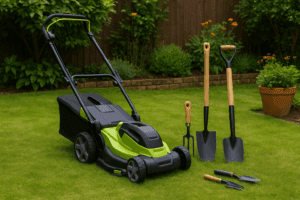
 Food Preservation
Food PreservationGrow it, store it, use it. Learn simple ways to preserve homegrown produce and make better use of your harvest throughout the year.
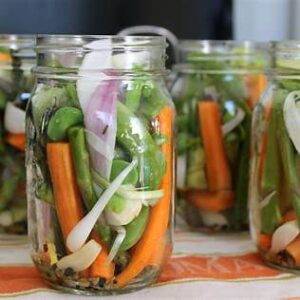
 Self-Sufficiency & Home Power
Self-Sufficiency & Home PowerExplore practical ways to support home growing with reliable power and energy systems. Our guides explain how home solar generators work, how to combine solar with wind power, and how to choose a backup power setup that keeps essential equipment running during outages.
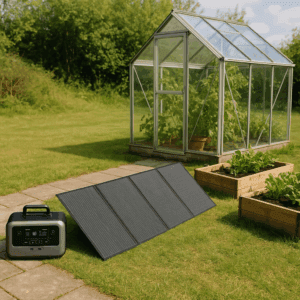

If you’re new to home growing, start with our Indoor Growing guides to learn the basics and build a setup that works all year round. When you’re ready to go deeper, our practical resources will help you understand lighting, systems, and growing methods before choosing equipment.
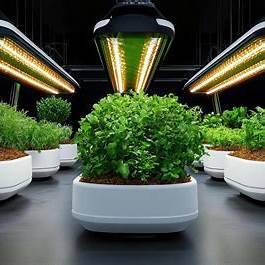
Start with easy-to-grow plants such as leafy greens (lettuce, kale, spinach), cruciferous vegetables (broccoli, cauliflower, cabbage), root vegetables (carrots, potatoes, beets), legumes (peas, chickpeas, lentils) and herbs (basil, rosemary, parsley).
Most indoor plants need bright, indirect light. Place them near a window or use grow lights if natural light is limited.
Overwatering is a common mistake. Allow the soil to dry out slightly between waterings. Check the soil moisture with your finger.
Use a well-draining potting mix specifically formulated for indoor plants. Avoid using garden soil, as it can compact and retain too much moisture.
Feed your plants with a balanced liquid fertilizer every 4-6 weeks during the growing season (spring and summer). Reduce or stop fertilizing in the fall and winter.
As your plants grow, they may need to be repotted into larger containers. Repot when the roots start to circle the bottom of the pot.
© 2025 HomeGrower.co.uk | All rights reserved.
Contact: info@homegrower.co.uk